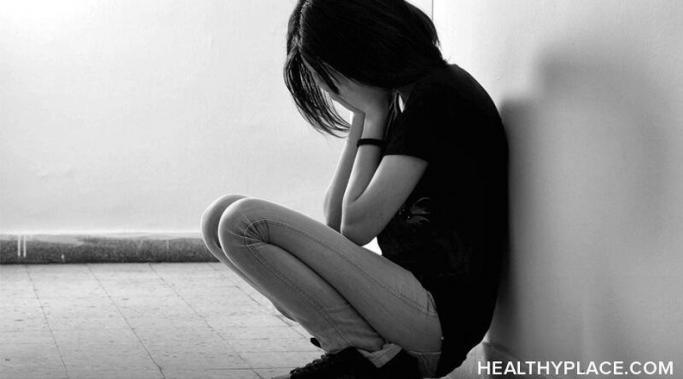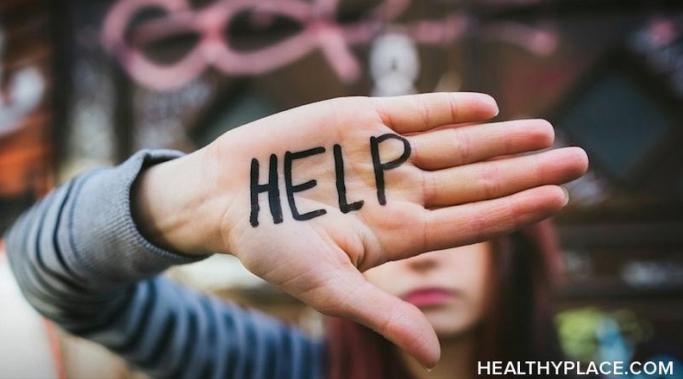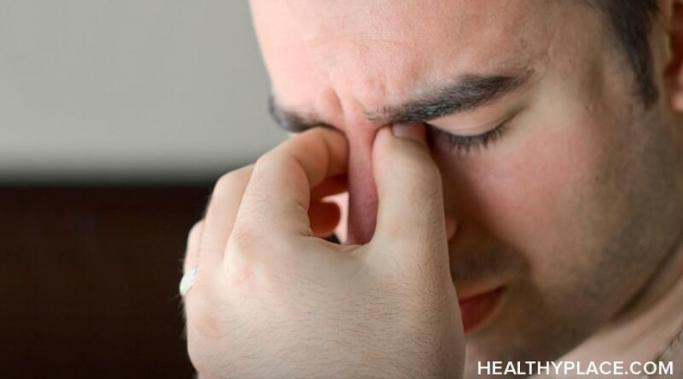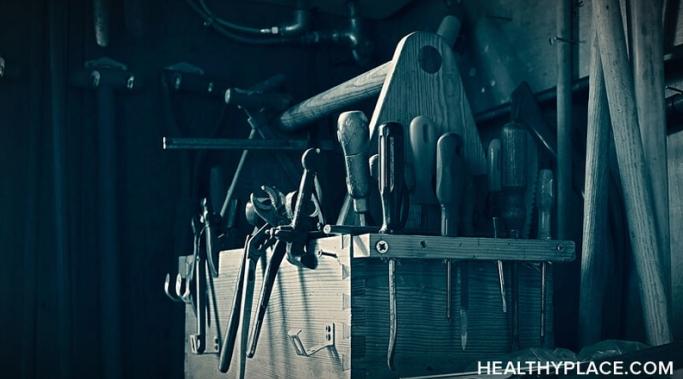As a victim of verbal abuse, it can be challenging to look past the hurt and focus on the positive aspects, especially if you are in the thick of the situation. One way I found to help me heal and keep moving towards a more positive environment is to open communication about abuse with my loved ones and those around me.
Healing After Abuse
I have continuously switched back and forth from being medicated to trying life on my own, with varying results due to depression and anxiety from abuse. While some days are better than others, one prominent element in my life has made it clear; psychiatric medication helps me. However, this may not always be the case with some individuals. For many years, doctors prescribed me psychiatric medication that did not help but also worsened my anxiety and depression symptoms. Thankfully, I have found a balance and a workable solution despite my reluctance to take psychiatric medication.
It can be extremely tough to talk about mental illness, especially for individuals who suffered abuse and self-stigma, who may not feel comfortable being vulnerable. When you start the conversation about emotional wellbeing and mental health treatments, unfortunately, many individuals still prefer to avoid the subject entirely. Being open and honest with others outside of my close circle about my mental health is still a struggle for me most days.
Mainstream media is slowly changing to be more inclusive of many aspects of life. You can find more television shows and movies that include people with disabilities. There is an increase of coverage with sensitive topics, including suicide, mental health, and abuse. For example, "Maid" shows the kinds of abuse that can go undetected, opening eyes to the real definition of abuse. Unfortunately, it is just the beginning. There is so much more ground to cover before society gets to the point that we need to be at with empathy and acceptance.
Once you suffer from verbal abuse, it can be hard to see a life without it. I have often found myself over-analyzing responses from people trying to decipher if they are genuine or have an underlying harmful intent. It can be challenging to look past the hostile environment that one is accustomed to and see that there are positive people in the world who do not cause harm.
Individuals who have faced abuse can tell you all about survival mode. For myself, there were years where I existed strictly to survive. I was not moving away from the abuse or making any intentions of changing my circumstances. Unfortunately, for many victims, this is a realistic and frightening scenario.
When you are the victim of abuse, it can be hard to move away from old emotions and habits when dealing with stressful situations. However, after going through years of therapy, I've come to realize that I am not the same person I was only a few years ago. Of course, people evolve and change, which is a normal progression in life, but mourning who I used to be is an integral step to my healing.
Having healthy relationships is vital for individuals of all ages. Although, victims of verbal abuse may have a hard time finding someone to build a proper connection with. I know that because of the verbal abuse that consumed my past, my personal relationships were not always the best. After years of therapy, I believe my low self-esteem and decision-making skills contributed to the terrible relationship choices of who was in my life.
When you are trying to heal and recover from an abusive situation, one unfortunate circumstance that can result is survivor burnout. In my experience, it can sneak up without any warning and interfere with every aspect of life.
Sometimes, even when you are no longer the victim of verbal abuse, the lasting effects can hinder your mental health. Finding ways to deal with the possible symptoms of verbal abuse like anxiety and depression are critical for your path to healing if these symptoms prevent you from living a full and happy life. Box breathing may be able to help.









